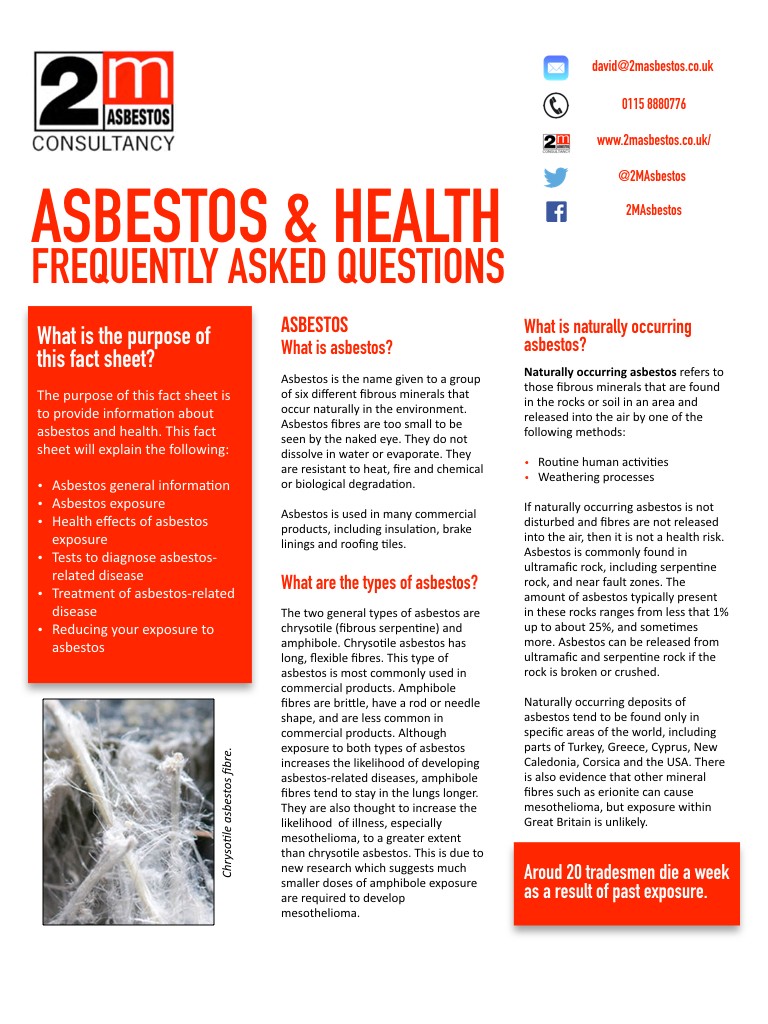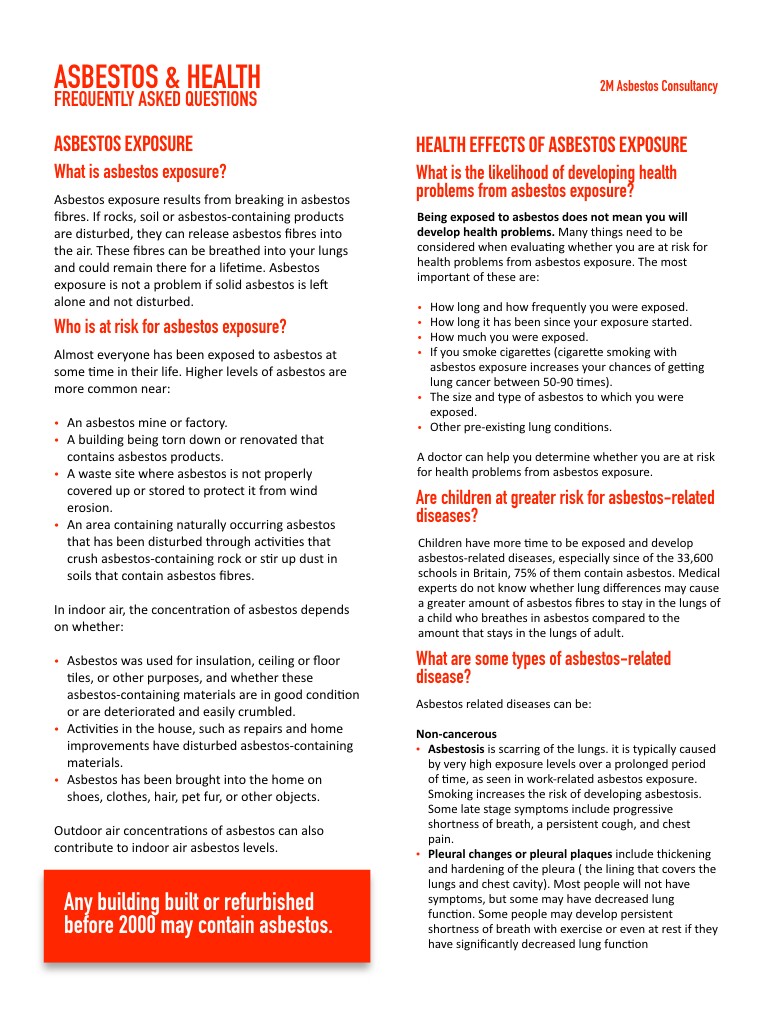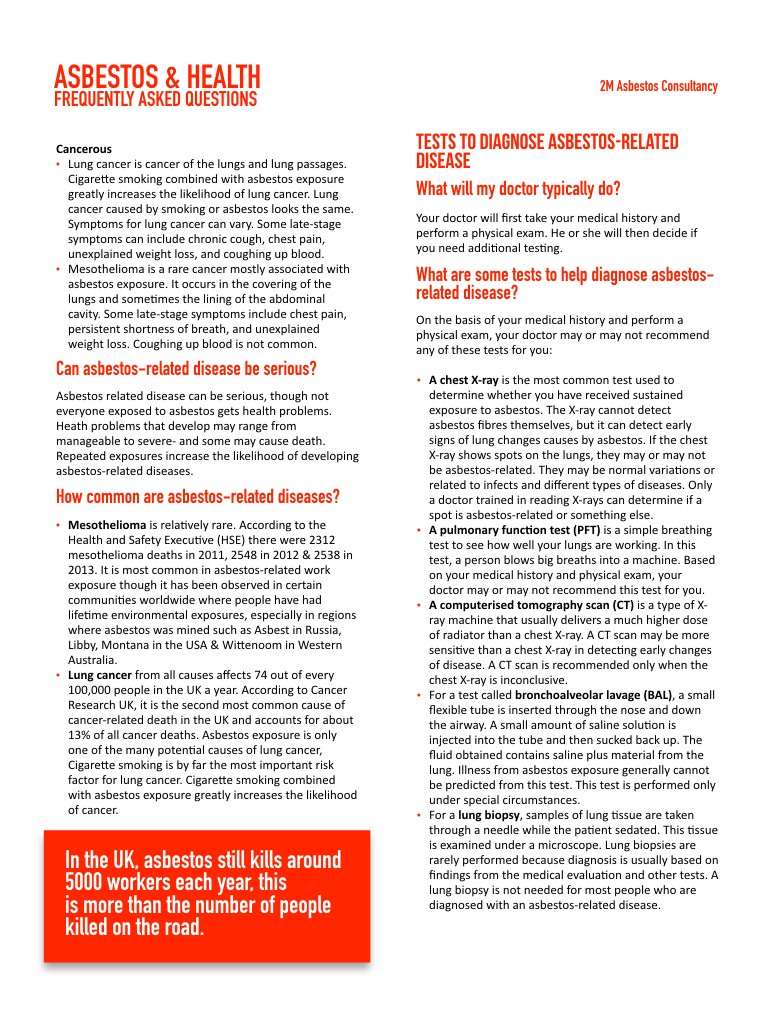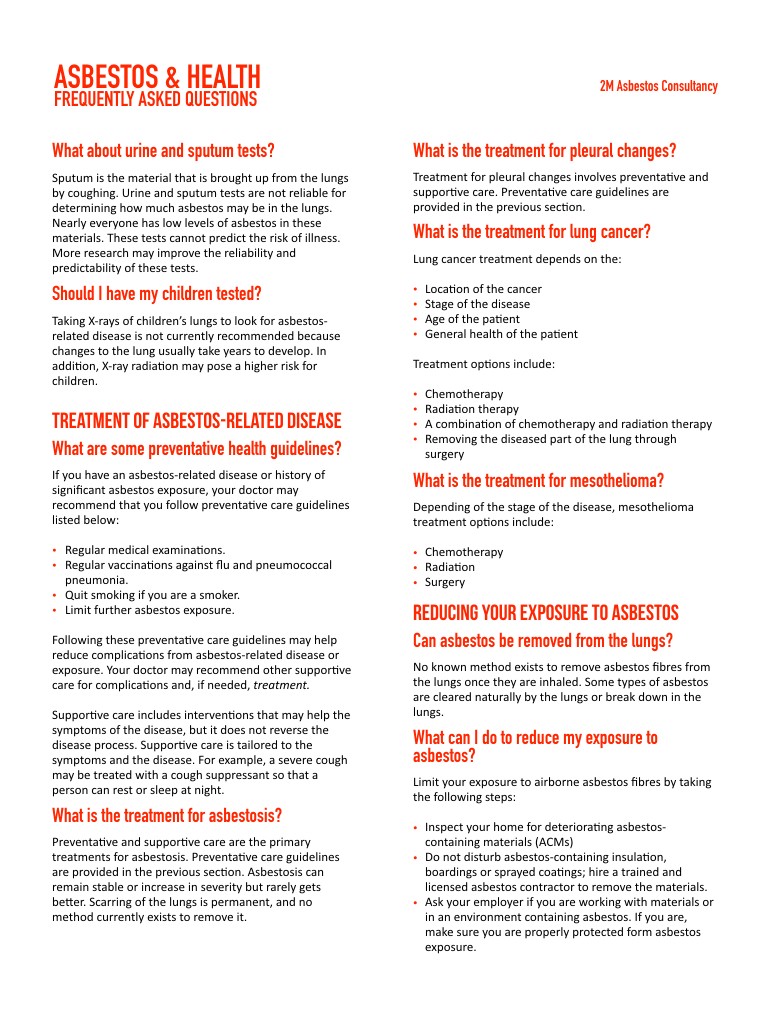Giant company Johnson & Johnson is once again on the hot seat after losing $70.1 million dollars in a lawsuit on whether their iconic baby powder could cause ovarian cancer.
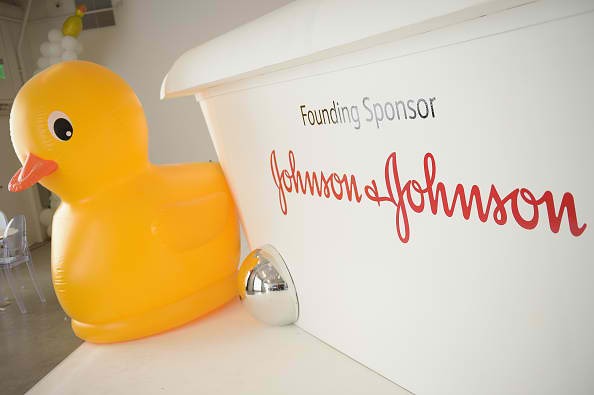
Giant company Johnson & Johnson is once again on the hot seat after losing $70.1 million dollars in a lawsuit on whether their iconic baby powder could cause ovarian cancer.
Giant company Johnson & Johnson is once again on the hot seat after losing $70.1 million dollars in a lawsuit on whether their iconic baby powder could cause ovarian cancer.
According to a report from FOX News, on Thursday, a jury in St. Louis made their verdict in favor Deborah Giannecchini of Modesto, California, awarding the woman $70.1 million dollars.
Giannechini was diagnosed with ovarian cancer in 2012 when she was 59 years old and blamed Johnson & Johnson for acquiring the disease. According to her, she used Johnson’s Baby Powder for more than four decades on her genitalia for hygiene purposes as it keeps it dry. She claims that the baby powder caused her ovarian cancer and sued Johnson & Johnson for negligence.
But does talcum powder really cause ovarian cancer? According to the American Cancer Society, talcum, in its natural form, contains asbestos which is known to cause cancer, specifically in the lungs, when inhaled. The growing concern among consumers regarding the link between baby powder and cancer stems from this idea.
- Page 1
- Page 2
- Page 3
- Page 4
The organization notes that not all talc powder causes cancer, and it’s important to know if the talc powder is asbestos-free or not. Talc powder containing asbestos is accepted to cause cancer but have not been used in the United States since the 1970s. However, as for asbestos-free talc powder, there is still no clear link on its connection to ovarian cancer.
“There is some literature suggesting there may be a connection between genital talcum use and ovarian cancer. It’s not entirely consistent,” said Dr. Clarice Weinberg, deputy branch chief for the biostatistics and computational biology branch at the National Institute of Environmental Health Sciences, via Huffington Post.
Ovarian cancer is a rare but fatal type of cancer that accounts for about 22,000 deaths out of 1.7 million reported cancer cases in the US in 2016. Known causes of ovarian cancer include obesity, estrogen therapy after menopause, age, genetic mutations, inability to conceive a child and history of breast and ovarian cancer in the family.
Meanwhile, despite the jury’s verdict, Johnson & Johnson still claims that their baby powder is safe. The company is currently facing 2,000 lawsuits of the same nature and its shares on the stock market has since fell by 0.3 as of Friday.
Source: Nature World News

